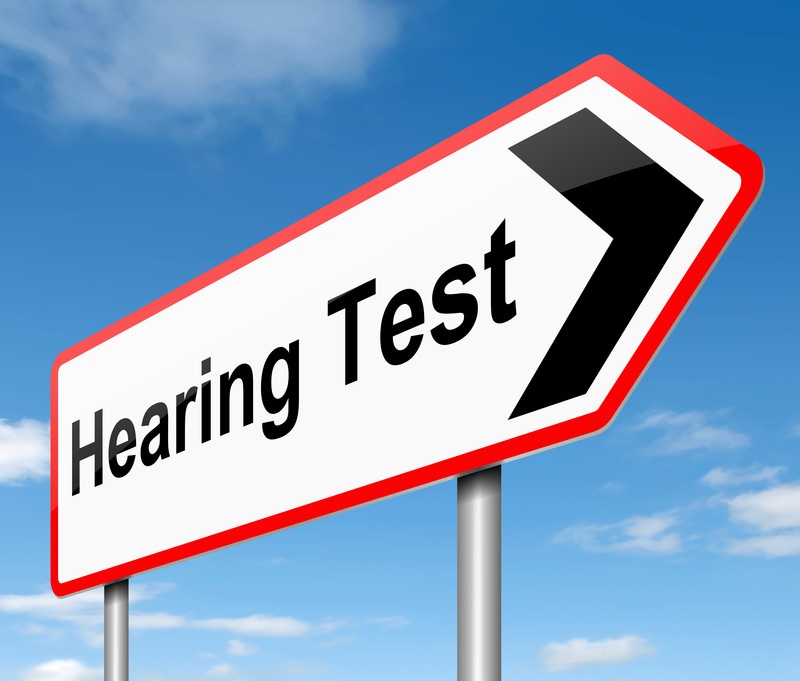
In the US, roughly 37.5 million adults have some amount of hearing loss. Yet according to the National Institutes of Health (NIH), merely 20 percent of those who could benefit from hearing aids actually use them. That implies that millions of Americans who could enhance their life with better hearing decide not to do so.
And that’s not all.
After being told that they will need hearing aids, people wait an average of 5-7 years before actually purchasing them—which is too bad, because for those that do choose to wear hearing aids, the outcomes are overwhelmingly positive.
Many studies have demonstrated that using hearing aids enhances relationships, improves general physical and mental health, and even increases household income, as reported by the Better Hearing Institute.
Regretfully, 80 percent of those who could use hearing aids will never enjoy these advantages. And of those who do, it’s a shame that they have to wait such a long time.
The question is: if people are delaying 5-7 years before acquiring a hearing aid, what is eventually swaying them to do so? And if we knew the reasons, would it motivate us to deal with our own hearing loss earlier?
With that in mind, we’ve collected the most common “triggers” that have inspired our patients to finally arrange a hearing test.
Here are the top five:
1. Not being able to hear the grandkids
Here’s one we’ve heard more than a few times.
The thing about high-frequency hearing loss is that the sounds most difficult to hear are often higher-pitched. That makes the female voice and the voices of children especially difficult to understand.
As a result, many people with hearing loss miss out on what their grandchildren are saying, or alternatively have to make them repeat themselves. Before too long, the grandkids start avoiding the grandparents, and this provides a powerful motivator to book a hearing test.
2. Strained relationships
Communication is the foundation of any healthy relationship, which is the reason hearing loss is so frustrating for both individuals.
If you have hearing loss, you might think everyone else mumbles, but your partner probably thinks you talk too loud or “selectively listen.” This brings about tension, and before you know it, you find yourself in more arguments than normal.
Regrettably, many people wait until their partner is at a breaking point of aggravation before arranging a hearing test. We’ve witnessed first hand that lots of problems could have been averted if hearing loss were resolved sooner.
3. Feeling left out
How confident and interactive can you really be if you can’t fully grasp what others are saying?
Many people with hearing loss lose their confidence and sociability when it’s easier to avoid the scenario than it is to struggle to hear and understand what’s being said. This leads many people down a road of isolation.
It’s this experience of alienation—and missing out on social activities—that encourage people to grab the phone and schedule a hearing exam. And there are not many activities that hearing loss doesn’t impact in a harmful way.
4. Being unproductive at work
We’ve heard a great deal of stories of people that reach their breaking point in the office. Commonly they’re at an important meeting and can’t hear their colleagues sitting across the table. They either have to interrupt the meeting to get people to speak louder or repeat themselves, or otherwise have to remain silent because they can’t follow along.
There’s a reason why using hearing aids is correlated with higher household income in those with hearing loss. If you have better hearing, you’re simply more self-confident and efficient at work.
5. Concern about overall health and well-being
Last but not least, people are becoming increasingly aware of the health hazards associated with hearing loss. While there are several conditions associated with impaired hearing, the most worrying connection is that between hearing loss and dementia. According to Johns Hopkins University researchers, seniors with hearing loss are significantly more likely to develop dementia over time than those who maintain their hearing.
What’s your reason?
The bottom line is that many people wait far too long to attend to their hearing loss, even though the majority of hearing aid users state that their lives have been enhanced with better hearing.
If you wear hearing aids, let us know the reason you made a decision to schedule your initial hearing test. Your response may end up helping someone in a similar circumstances to achieve the benefits of better hearing sooner rather than later.